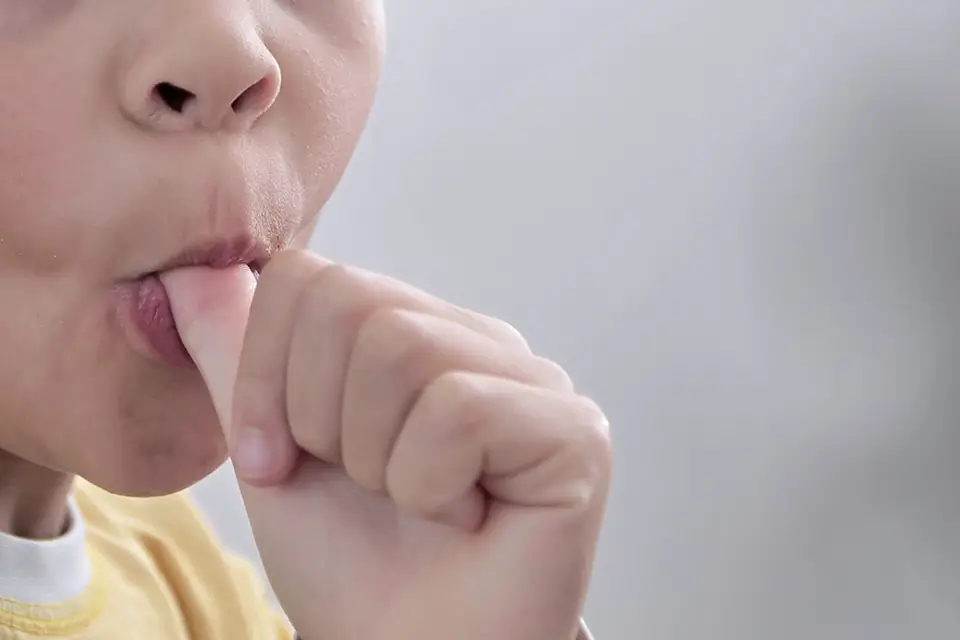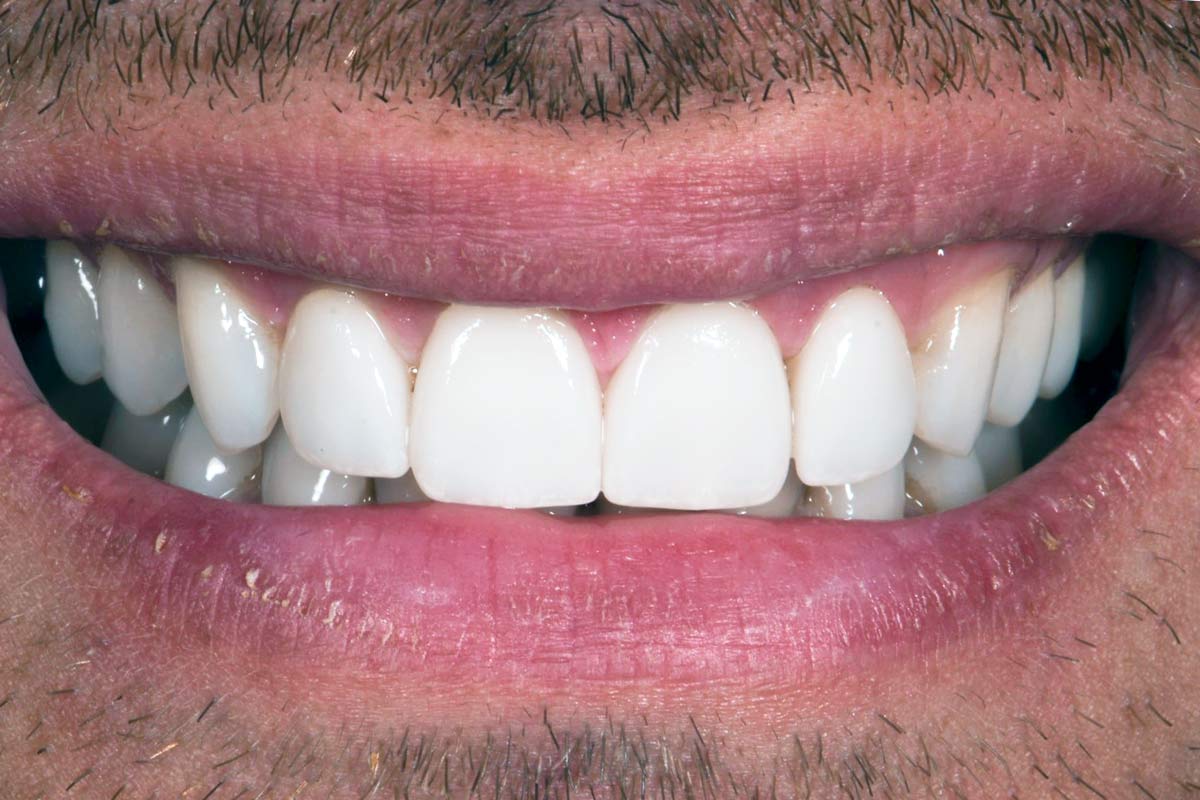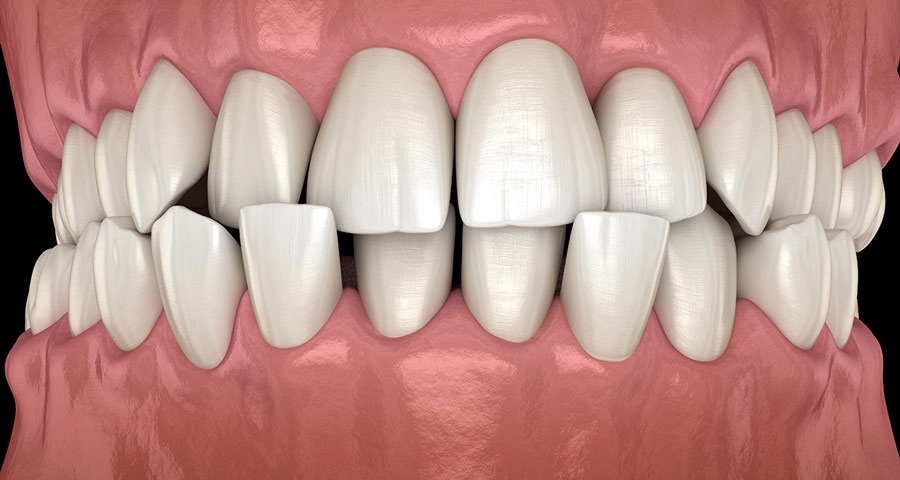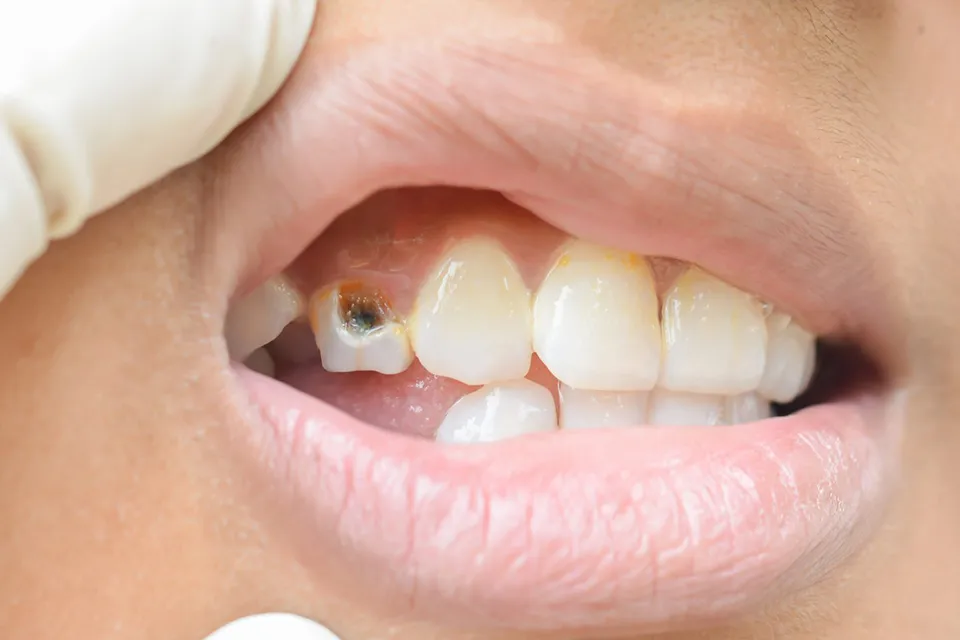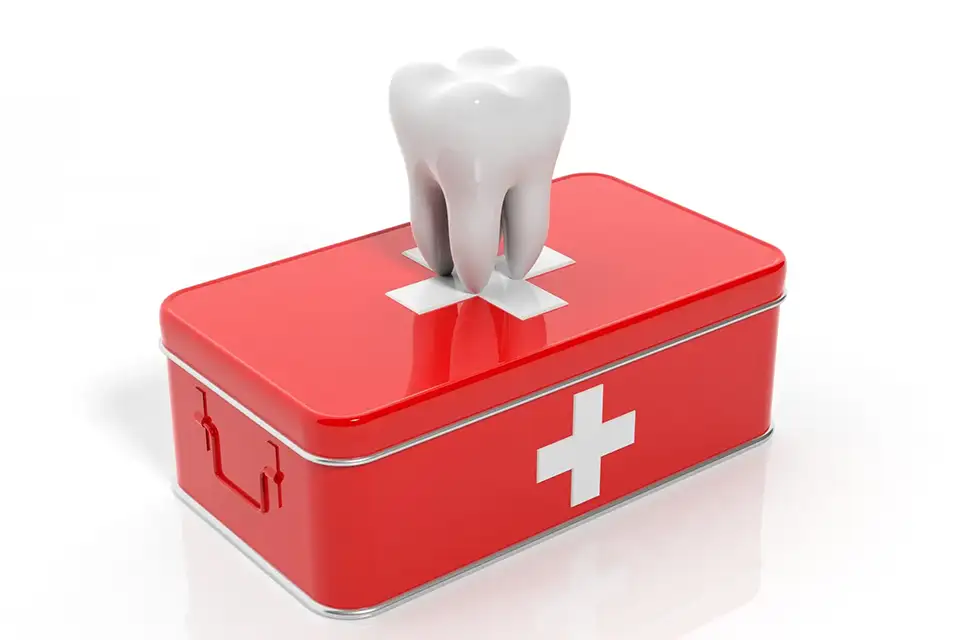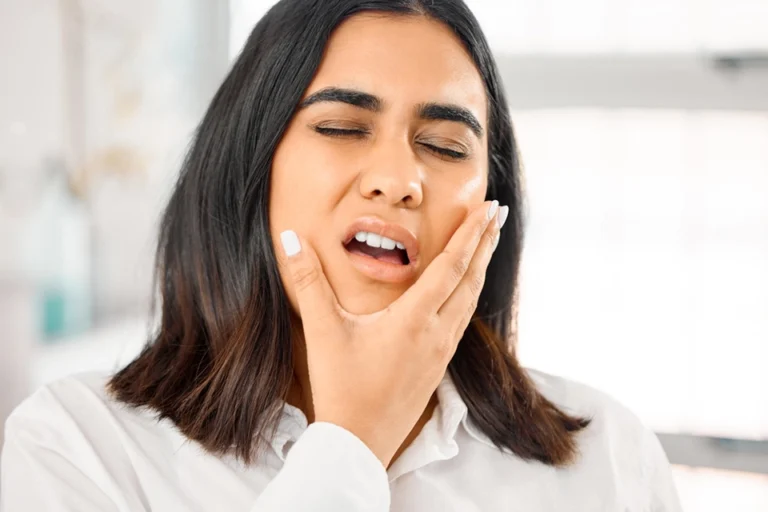Exploring the Causes and Solutions for Sensitive Teeth Post-Fillings
Dental fillings are essential to maintaining the integrity and health of our teeth. On the other hand, following a filling, individuals frequently experience tooth sensitivity. If you’ve been wondering, “Why is my tooth sensitive after my filling?” don’t worry.
Furthermore, in this blog post, we’ll look at the causes of this sensitivity and potential treatments to make your post-filling experience as pleasant as possible.
The Science Behind Tooth Sensitivity
Understanding the science behind tooth sensitivity is essential to know why your tooth could be sensitive after a filling. The outer layer of your tooth, known as enamel, protects the sensitive nerves.
The nerves become more vulnerable to external stimuli when this protective layer is weakened, either from decay or by dental procedures such as fillings.
Common Causes of Tooth Sensitivity Post-Fillings
Temperature Sensitivity
Exposure to extreme temperatures is one of the most common causes of post-filling sensitivity. Moreover, hot or cold foods and beverages can cause discomfort, indicating that the nerves within the tooth are reacting more strongly than before.
Bite Misalignment
If your filling alters your bite, it can increase pressure on specific teeth, causing sensitivity. In order to reduce this type of sensitivity, it is critical to ensure that your bite is adjusted correctly during and after the filling treatment.
Size and Depth of the Filling
The size and depth of the filling also contribute to sensitivity. Moreover, larger fillings or those placed close to the nerve may cause heightened sensitivity. Although this is usually very transient, it should be monitored and, if it persists, discussed with your dentist.
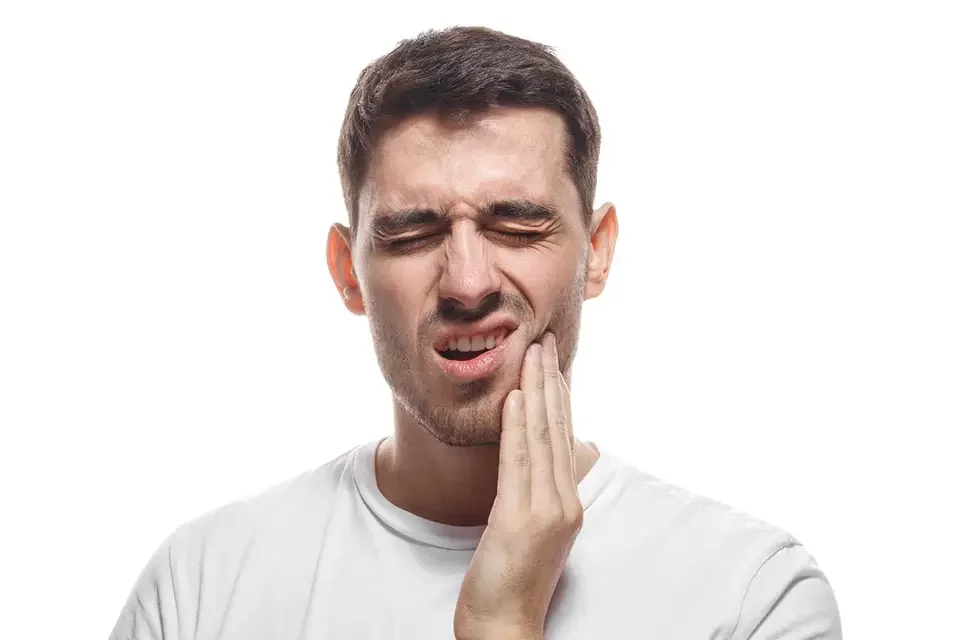
Strategies to Alleviate Tooth Sensitivity
Fluoride Treatment
Fluoride can assist in strengthening enamel and lessen sensitivity. In order to improve tooth structure remineralization, your dentist may recommend a fluoride treatment.
Toothpaste for Sensitive Teeth
Using toothpaste designed for sensitive teeth can be an excellent method to manage post-filling sensitivity. Moreover, these toothpastes often contain desensitizing agents that help alleviate discomfort.
Monitoring Your Diet
Avoiding extremely hot or cold foods and drinks can help to reduce sensitivity. In addition, you should opt for a softer diet immediately after getting a filling to prevent unnecessary pressure on the treated tooth.
When to Consult Your Dentist
You should see your dentist if you experience persistent sensitivity or discomfort following a filling. It could indicate an issue with the filling or an unrelated dental concern that requires attention. Moreover, regular dental check-ups are essential for identifying and resolving such problems immediately.
Final Thoughts
Furthermore, while tooth sensitivity after a filling is not unusual, understanding the causes and adopting proactive measures can dramatically improve your post-filling experience. If you’re experiencing prolonged or severe sensitivity, it’s essential to consult your dentist for a thorough evaluation and personalized advice. At Zara Dental in Houston, Texas, our dedicated team is here to ensure your dental health and comfort.
Moreover, please do not hesitate to call us if you have any concerns or questions about your dental fillings or post-treatment care. Your healthy and happy smile is our priority!

